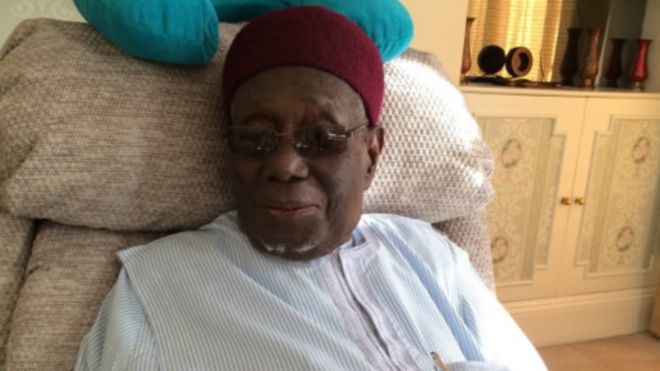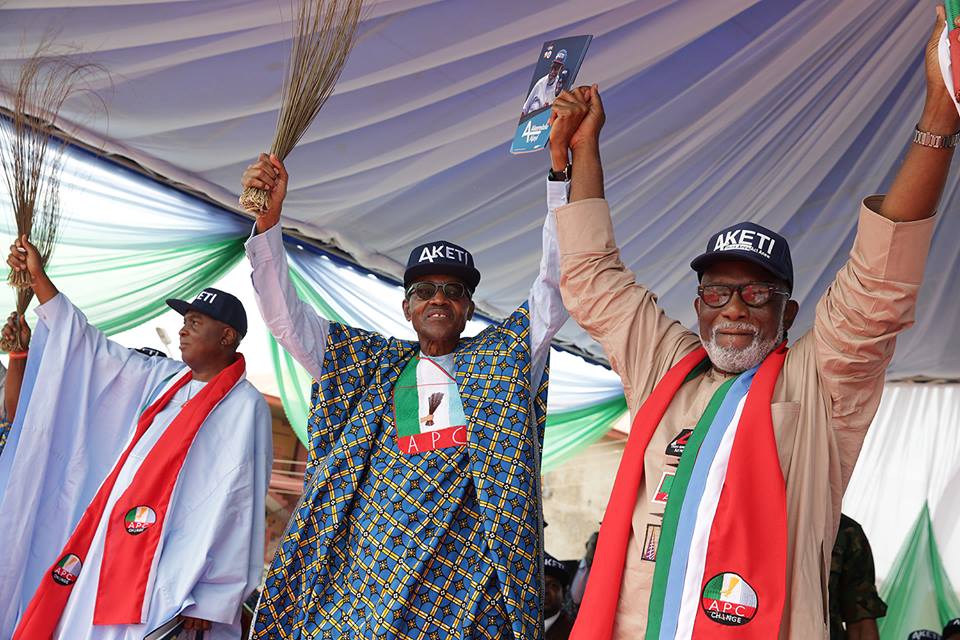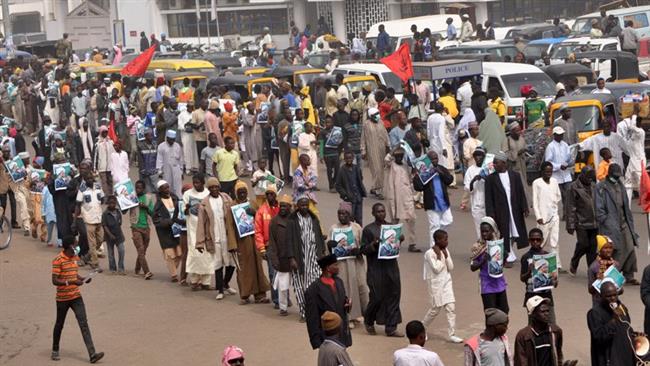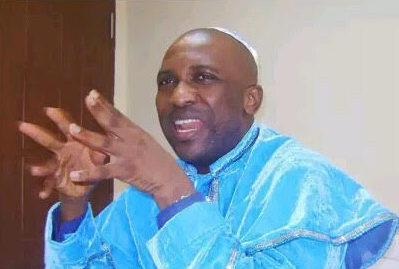BY JAFAR JAFAR
On April 20, 1996, a small chartered aircraft carrying some key Sokoto figures landed on the tarmac of Sultan Sadiq Abubakar III Airport, Sokoto.
Aboard the aircraft on that Saturday afternoon were Sarkin Sudan Shehu Malami, the late Ibrahim Gusau and a former governor of Sokoto State and Abacha ally, Attahiru Bafarawa.
Shortly after the arrival of the aircraft, the then governor of Sokoto State, Col Yakubu Muazu, clearly acting on a script, summoned Sultan Ibrahim Dasuki, alongside the commissioner of police and director of SSS, to an “emergency meeting” in the Government House.
Shortly afterwards, the Sultan arrived with a catorie of aides and array of palace courtiers. Moments after Sultan left his palace to attend the “emergency meeting”, a detachment of mobile policemen took over the palace.
On reaching the military administor’s office, all his aides were waylaid and locked into a hall, his briefcase (containing his hypertension drugs) seized and his flowing coat (alkyabba) stripped.
Advertisement
The bewildered Sultan, then 70, was led into the office before he started protesting. After a brief meeting, which saw the end of his eight-year rule, the Sultan was ushered out of the governor’s office by the then Commissioner of Police Abubakar Tsav and led by armed policemen into a waiting grey-coloured Peugeot 505.
They zoomed off to the airport around 1:30pm, then Yola, and later taken to Zing in Taraba State.
Dasuki was later accused by the military government of unauthorized travels, interference in government affairs, inviting foreign dignitaries without permission, lack of respect for government, misappropriation of funds, among others.
There have been different accounts as to why the late Sultan was deposed by the Abacha regime. While others attributed his ouster to the implication of some of his companies by the Abacha’s Failed Bank Tribunal, others believed Dasuki’s alleged “interference and lack of respect for Abacha” cost him the most influential throne in Northern Nigeria.
Advertisement
But an equally deposed traditional ruler, the Emir of Gwandu Mustapha Jokolo, had a different belief expressed in a 2006 interview in the Sun.
“Aliyu Dasuki, his (late Sultan Dasuki’s) nephew and son-in-law who is married to his daughter was classmate to General Abacha in Kano,” Jokolo said.
“I don’t know whether primary or secondary. They were classmates and friends. It was Abacha who introduced Aliyu to General Babangida. And through him, Aliyu was getting contracts, military contracts. He was a businessman. Now, Aliyu was very close to Abacha.
“Only God knows what went on between the two of them. So, any business that was going on, Aliyu was the front. So, Aliyu became sick, terminal illness, he eventually died. Abacha came to claim that there was some money that Aliyu was keeping for him in a Swiss account. Sultan Dasuki was then the Sultan of Sokoto. Sultan Dasuki told him that if it was true that he had any money with Aliyu, he should swear to an oath, then he would arrange for them to get the money. That is the Qu’aranic injunction, that if a person dies and you want to make any claim out of his possession, you have to swear an oath. Sultan Dasuki was justified in that.
Advertisement
“But Abacha felt this was business between two friends which was an illegal business which did not require oath. They did not swear to any oath because it violates the Qu’aranic injunction. If you did business, you should record it in writing, but they did not. There was no evidence for Sultan Dasuki to give this money to Abacha.”
After his banishment to Zing in Taraba State, the late Sultan was kept incommunicado in a three bedroom bungalow for months without access to family. He remained there until the military regime of Abdulsalami Abubakar set him free after the death of Abacha.
Born on December 31, 1923, in Dogon Daji village of Sokoto, Dasuki had early Quranic and elementary school education in his village. He rose to become the private secretary of late Premier Sir Ahmadu Bell
Advertisement
Views expressed by contributors are strictly personal and not of TheCable.






